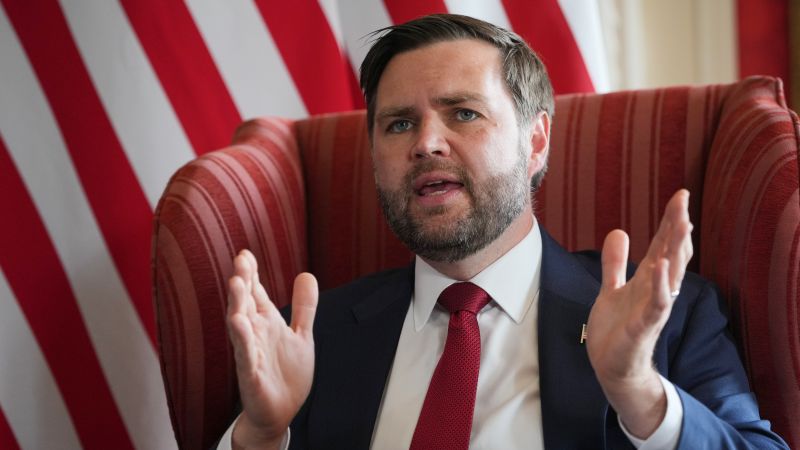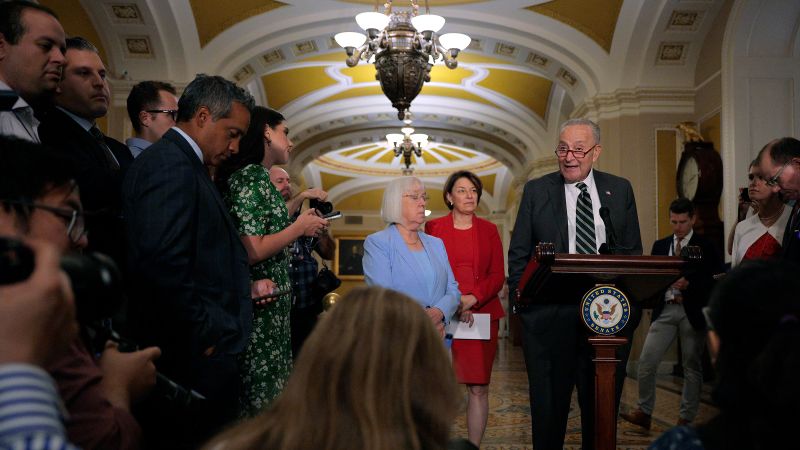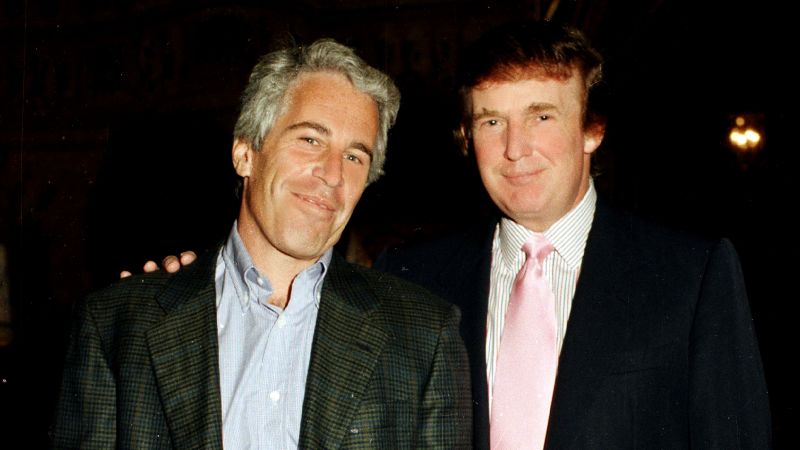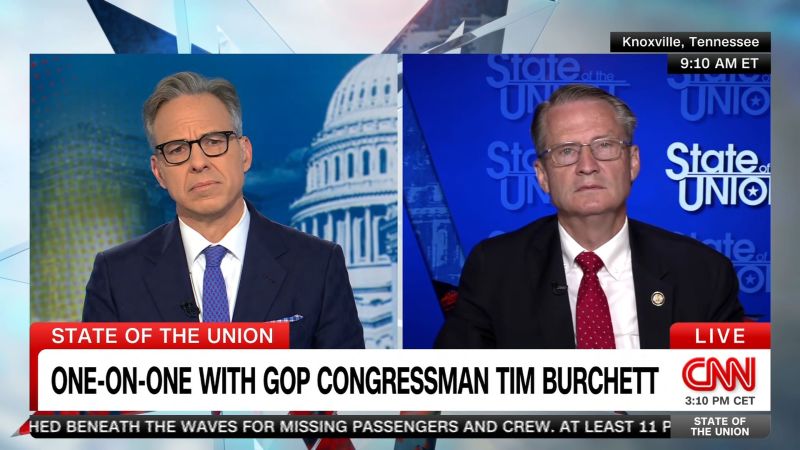
Vice President JD Vance Criticizes Handling of Jeffrey Epstein Case
Politics | 8/11/2025
Vice President JD Vance has intensified the discourse surrounding the Jeffrey Epstein case, criticizing Democrats for what he perceives as political maneuvering and a lack of decisive action during their prior tenure. In a recent interview, Vance vocalized his discontent with how the Trump administration’s management of Epstein’s files has been portrayed and condemned the opposition for what he characterizes as opportunistic behavior.
The renewed scrutiny comes as Vance seeks to bring attention to what he views as a partisan narrative surrounding the Epstein affair, calling into question the motivations behind the Democrats’ recent criticisms. His remarks underscore a growing rift between political factions over the handling of sensitive legal matters and the interpretation of past events.
While the Democrats have been vocal in their condemnation of the Trump administration’s approach to the Epstein case, Vance’s pushback signals a broader debate over the transparency and accountability of government actions. The Vice President’s stance raises questions about the intersection of politics and justice, highlighting differing perspectives on the appropriate response to high-profile scandals.
In response to Vance’s criticisms, Democratic representatives have refrained from direct engagement, opting instead to focus on their own initiatives and policy proposals. The exchange of critiques between the parties reflects a deep-seated divide in the political landscape, with each side asserting its own interpretation of events and responsibilities.
As the public discourse intensifies, the debate over the Epstein case serves as a microcosm of broader tensions within the political sphere, exposing the complexities of accountability and transparency in governance. The clash between Vance and the Democrats underscores the challenges of navigating contentious issues in a polarized environment, where diverging narratives often shape public perception and influence policy decisions.


